EU-China relations at risk of 'breaking down'
(Baonghean.vn) - Negotiations on a highly anticipated investment treaty between China and the European Union (EU) are gradually coming to an end without any "sweet fruit" because the two sides' views are completely different.
CHALLENGING PATIENCE
The EU-China investment treaty has taken seven years and more than 30 rounds of negotiations. The trouble began with a disagreement over its name. For Beijing, the investment treaty is called the China-EU Bilateral Investment Treaty, while for Brussels it is the EU-China Comprehensive Agreement on Investment.
In previous rounds of negotiations, the EU has made it clear that it is the most open market in the world and therefore places a high value on fairness. This means that the EU wants a level playing field between European investors and Chinese companies in terms of market access, licensing, and the setting of common standards.
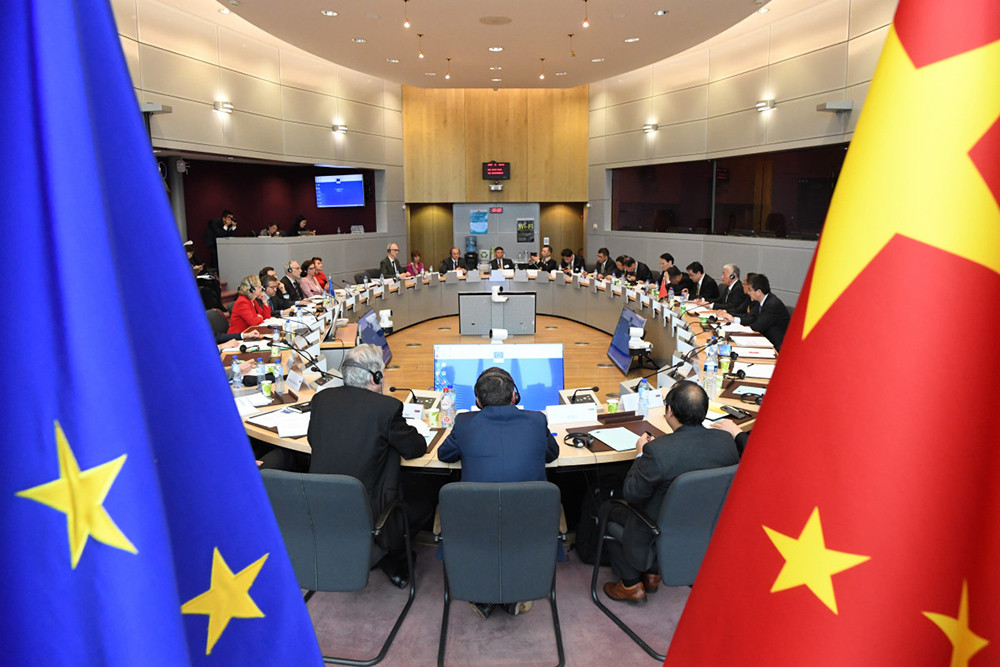 |
| The EU-China investment cooperation agreement has gone through 30 rounds of negotiations. Photo: European Union |
For its part, China is facing major uncertainties, especially as relations with Washington are at their worst in history. Indeed, China is concerned about future isolation from a global trading system built on bilateral and regional treaties, of which it is not a member. Beijing is more eager than ever to conclude a deal with the EU this year, hoping that it will become a dual engine for the world economy.
But just as Brussels believes Beijing is getting closer to meeting its benchmark, bilateral tensions are starting to boil over. At a meeting in late June, President Xi Jinping approved a three-year plan to reform state-owned enterprises. The move sends a strong message about enhancing the role of state-owned companies, which are a key pillar of the country’s post-pandemic economic recovery. The plan will strengthen the Party’s leadership over state-owned companies, improve their economic competitiveness, control the economy, and guard against risks.
That Chinese policy seems to have tested the patience of the EU. To open its market and attract investment, China has gradually reduced all barriers, but has not yet made significant progress in reforming state-owned enterprises according to the market economy model as expected by the EU.
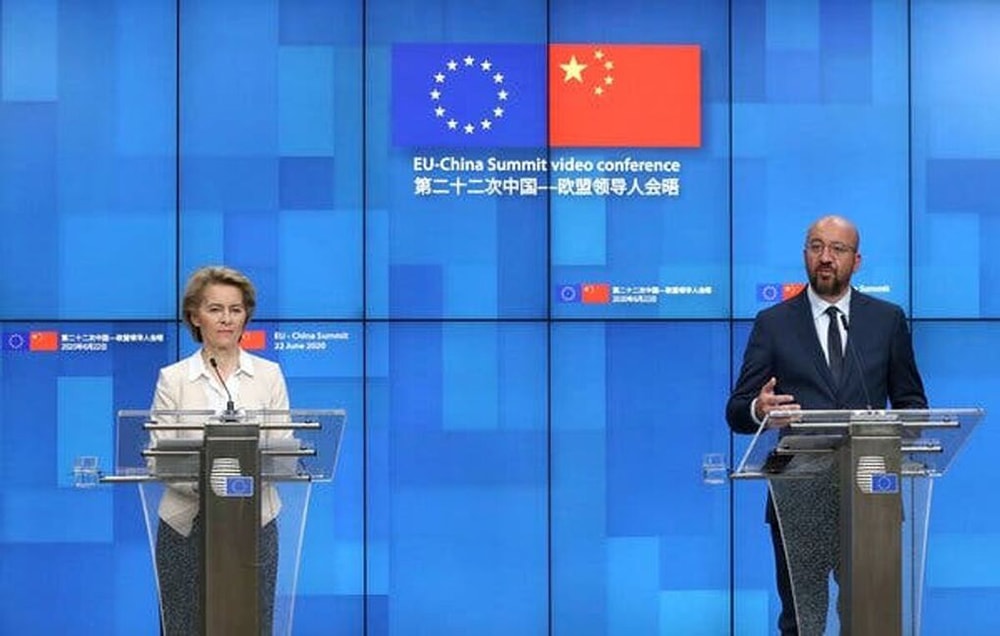 |
| European Council President Charles Michel and European Commission President Ursula von der Leyen at a press conference in Brussels, Belgium, after a video summit with Chinese President Xi Jinping on June 22. Photo: Reuters |
“The hopes of the deal are fading. The EU is getting tired of China’s constant promises to try to make it a bastion of free and open trade. But we don’t see any major reform efforts.”
For Europe, increased transparency in the treatment of state-owned enterprises is paramount. Bussels will not sign any agreement unless these preconditions are met. It seems that the conditions are not ripe for a lasting agreement between China and the EU. In particular, the EU is unlikely to accept vague commitments or a superficial agreement.
THE FINAL PUSH
The 31st round of negotiations on a comprehensive investment agreement between China and the EU will officially take place this week, but experts say progress in the final stage will hardly be as expected.
The EU is strategically important to China, but Beijing has yet to build trust and demonstrate its importance to Brussels. Not a single member of the Chinese Politburo has participated in the negotiations, not even Vice Premier Liu He, who has overseen the process. This is in stark contrast to the US-China trade talks, when Liu led the Chinese negotiating team and participated in the signing of the phase one trade deal with US President Donald Trump at the White House.
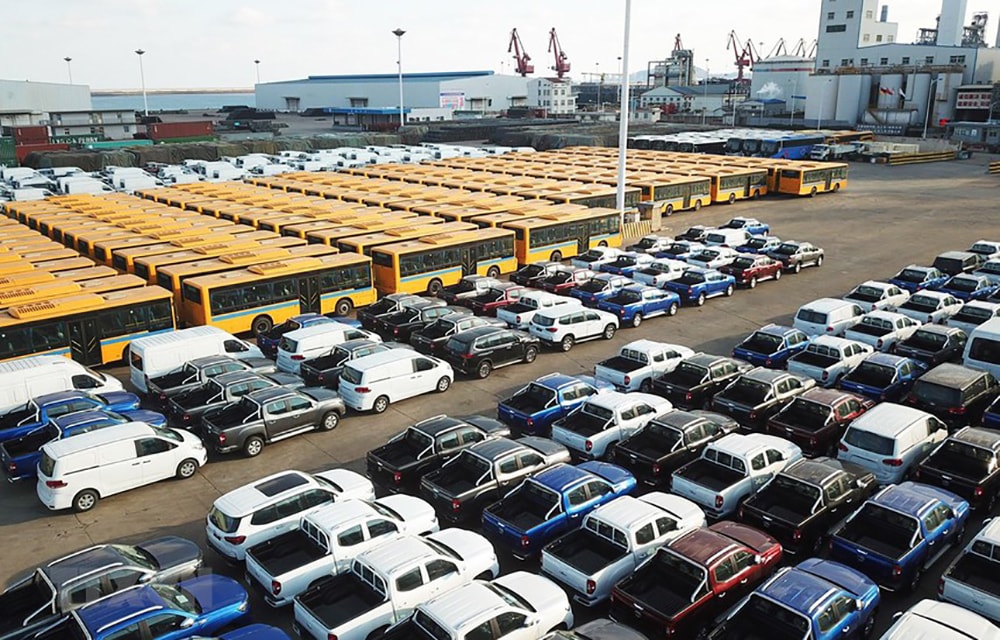 |
| Exported cars are loaded at a port in Lianyungang, Jiangsu province, eastern China. Photo:THX/TTXVN |
“Without the participation of a Politburo member in the negotiations, it will be difficult for China to make important decisions.”
In fact, the EU still needs a strong source of investment from China, especially when European companies are eager to access the market of the world's second largest economy. However, negotiating and signing a cooperation agreement puts the EU in a difficult position, in a context where the whole continent is on high alert. China is often seen as an all-round rival and a source of disinformation for Europe. The EU has also taken a tough stance on a series of controversial issues related to Huawei, Hong Kong, Xinjiang or Covid-19.
Moreover, Brussels’ only political momentum is faltering, with German Chancellor Angela Merkel, the “matchmaker” between the EU and China, China’s staunchest ally in the West, set to leave office next summer. The stable relationship between the EU and China is also said to be coming to an end, especially securing a long-negotiated bilateral investment agreement with the German Chancellor’s push.
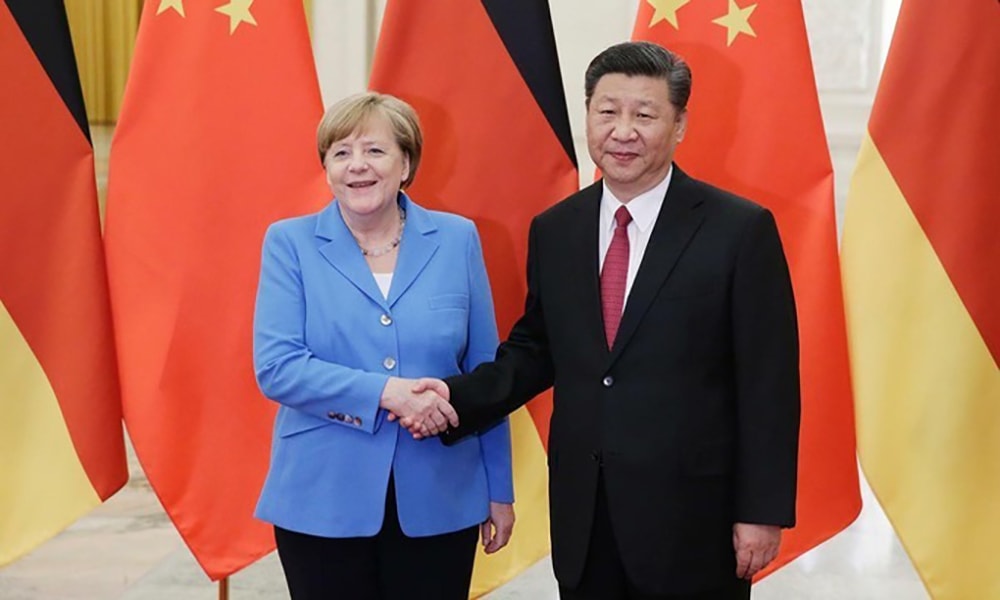 |
| German Chancellor Angela Merkel is seen as the matchmaker, promoting the process of the EU signing a cooperation agreement with China. Photo: Reuters |
This year is supposed to be the deadline for the EU to finalise an investment deal with Beijing that would open up the Chinese market to European companies, so the scrutiny in the coming weeks will be a final push to try to change China and rebalance the bilateral economic relationship.
However, Beijing remains reluctant to accept some key conditions of the deal, such as the removal of China's preferential treatment for its state-owned enterprises, putting the deal at risk of not being reached quickly.
China is also cautious. The main purpose of the bilateral investment agreement is to facilitate deeper market access for both sides. But if implemented, the agreement could in fact be one-sided, meaning it would only benefit European companies, according to Ye Bin, a senior researcher at the Institute of European Studies at the Chinese Academy of Social Sciences.
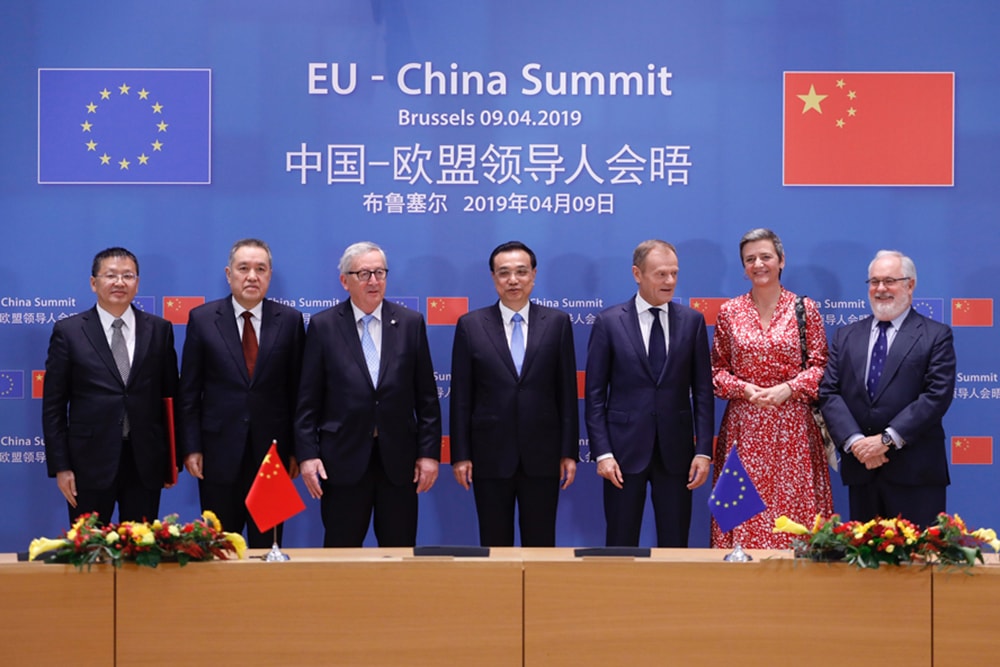 |
| The EU-China investment cooperation agreement is expected to mark a milestone in the dynamic cooperation between two of the three largest economies in the world. In the photo: The 21st EU-China Summit took place in Brussels (Belgium) in 2019. |
Europe has been open to Chinese investors for years, even though China has not yet achieved comparable development. With such a gap, without mutual concessions, it is easy to see why the signing of cooperation agreements will not make much progress. And bilateral relations may break down halfway.

